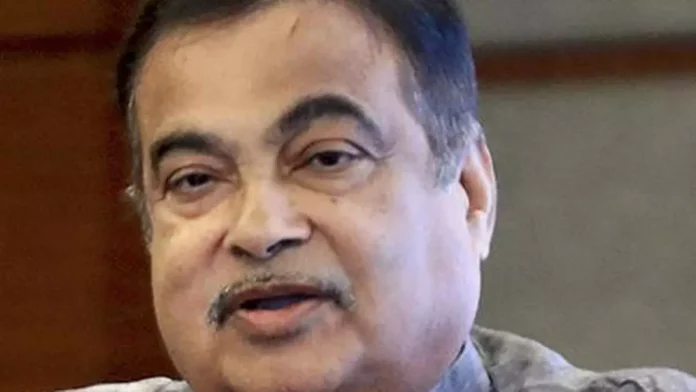Nitin Gadkari, the Union Minister for Road Transport and Highways, recently made a bold statement that India will be equipped with world-class, modern infrastructure at an accelerated pace under the leadership of Prime Minister Narendra Modi. This announcement has been met with enthusiasm and excitement from citizens across the country, as it promises a brighter future for India’s development.
In a recent interview, Gadkari expressed his confidence in the government’s efforts to transform India’s infrastructure. He stated that the country has seen unprecedented growth and development in the past few years and will continue to do so in the coming years. He also highlighted the various initiatives and projects undertaken by the government to improve the country’s infrastructure, such as the Bharatmala Pariyojana, Sagarmala, and the ambitious Bharatmala project.
Under the leadership of PM Modi, India has witnessed a significant increase in the pace of infrastructure development. The government has focused on improving road connectivity, building new highways, and modernizing existing ones. The introduction of the Bharatmala project, which aims to build 83,677 km of roads by 2022, has been a game-changer in the country’s infrastructure development.
Gadkari further added that the Modi government has also prioritized the development of waterways, which will not only boost the transportation sector but also reduce the burden on road and rail networks. The Sagarmala project, which focuses on the development of ports and coastal areas, has been a crucial step towards harnessing the potential of India’s vast coastline. These initiatives will not only improve the country’s infrastructure but also create job opportunities and boost economic growth.
One of the most significant achievements of the Modi government has been the completion of the Bogibeel Bridge, India’s longest rail-road bridge, connecting Assam and Arunachal Pradesh. This bridge has reduced travel time between the two states by four hours and has been a major boost for the Northeast region. Similarly, the government has also completed the Chenani-Nashri tunnel in Jammu and Kashmir, which has reduced the distance between Jammu and Srinagar by 31 km.
The Modi government has also been at the forefront of promoting sustainable and eco-friendly infrastructure. The government has been actively promoting the use of electric vehicles and has set a target to have 30% of all vehicles on the road to be electric by 2030. The government has also launched the Green Highways policy, which focuses on planting trees along highways to promote a greener and cleaner environment.
Gadkari also emphasized the importance of public-private partnerships (PPP) in the country’s infrastructure development. The government has been actively promoting the PPP model to attract private investment in infrastructure projects. This has not only helped in speeding up the development process but has also reduced the burden on the government’s finances.
The government’s efforts towards infrastructure development have not gone unnoticed on the global stage. In 2019, India was ranked 63rd out of 140 countries in the Global Competitiveness Index, a significant improvement from its previous ranking of 81st. This reflects the country’s progress in terms of infrastructure, innovation, and business efficiency.
Under the leadership of PM Modi, India’s infrastructure development has also been recognized by international organizations such as the World Bank and the Asian Development Bank. These organizations have praised the government’s efforts and have provided financial support for various infrastructure projects.
The government’s focus on infrastructure development has also been evident in its response to the COVID-19 pandemic. Despite the challenges posed by the pandemic, the government has continued its efforts towards infrastructure development and has announced a stimulus package of Rs 20 lakh crore to revive the economy. This package includes various measures such as the creation of a National Infrastructure Pipeline (NIP) with an investment of Rs 111 lakh crore, which will help in creating jobs and boosting economic growth.
In conclusion, Nitin Gadkari’s statement about India’s accelerated infrastructure development under PM Modi’s leadership is a testament to the government’s commitment towards the country’s progress. The various initiatives and projects undertaken by the government have not only improved the country’s infrastructure but have also boosted economic growth and created job opportunities. With the government’s continued efforts, India is on track to become a global leader in terms of modern and sustainable infrastructure.


